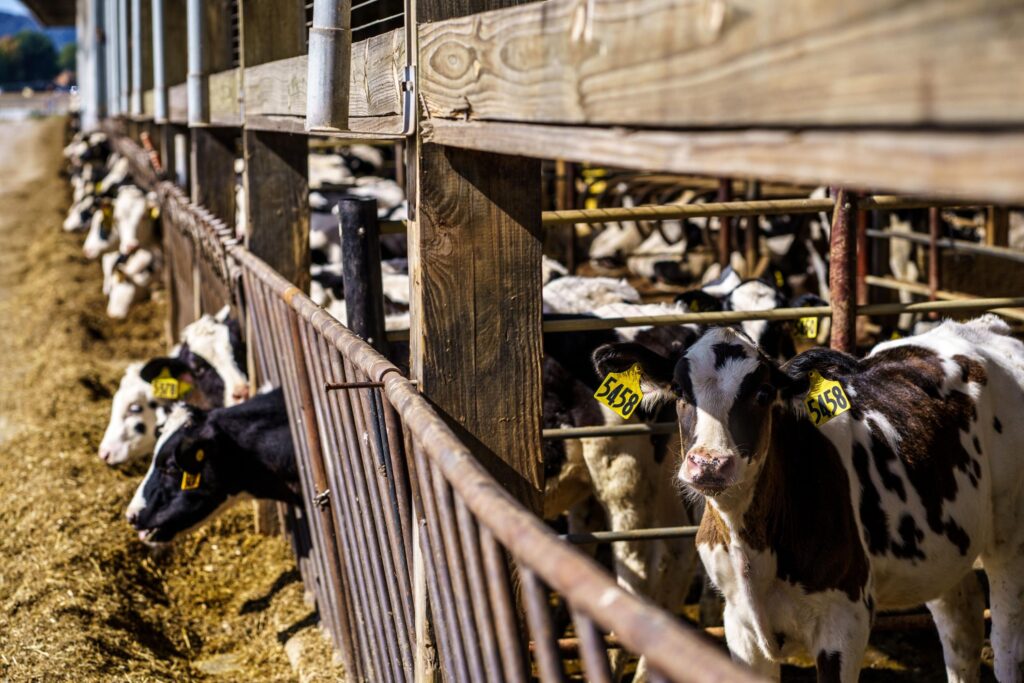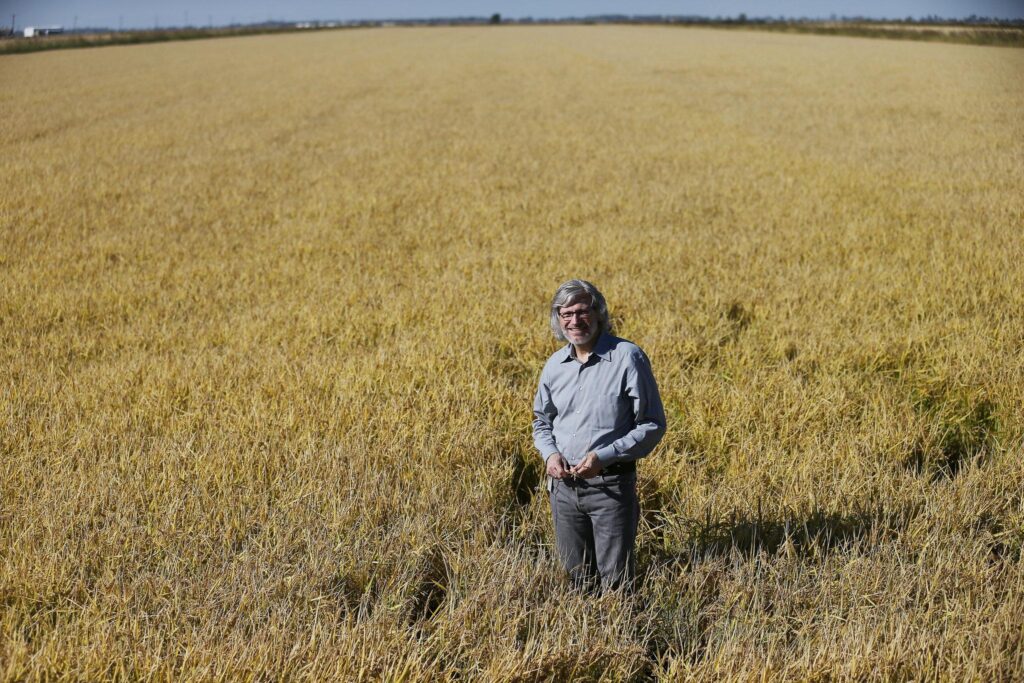In the labyrinth of global trade, a single tariff can ripple through economies like a stone cast into still waters. President Trump’s latest economic maneuver—a 50% levy on Brazilian coffee imports—threatens to redraw the map of international caffeine commerce, possibly steering the world’s largest coffee exporter’s beans from conventional markets toward the insatiable appetite of China.As roasters, traders, and morning coffee enthusiasts await the fallout, this tariff stands poised to brew a complex blend of geopolitical and economic consequences. The global coffee market is poised for a notable transformation following the imposition of a 50% tariff on Brazilian coffee imports by the Trump administration. This unexpected move is anticipated to trigger a substantial reshuffling of international trade dynamics, with far-reaching implications for producers, exporters, and consumers worldwide.
Brazil, historically the world’s largest coffee exporter, now faces unprecedented challenges in maintaining its market share. The hefty tariff will effectively increase the cost of Brazilian beans, making them less competitive in the U.S. market and compelling exporters to seek option destinations for their produce.
China emerges as the primary beneficiary of this trade disruption. The Asian economic powerhouse is expected to absorb a significant portion of the displaced Brazilian coffee volume.With its rapidly expanding middle class and increasing coffee consumption, China presents an attractive alternative market for Brazilian producers looking to mitigate the impact of the U.S. tariffs.
Market analysts predict a complex recalibration of global coffee trade routes. Smaller coffee-producing nations like Vietnam, Colombia, and Ethiopia might leverage this opportunity to expand their market presence. The sudden shift could potentially create new trade partnerships and redistribute existing supply chains.
The tariff’s ripple effect extends beyond immediate trade considerations. Commodity traders, coffee roasters, and retail brands will need to swiftly adapt their sourcing strategies. Potential price volatility and supply uncertainties could lead to increased hedging and long-term contract negotiations.
For U.S. consumers, the tariff might translate into higher coffee prices and potentially reduced variety in bean selections. Domestic roasters will likely seek alternative sourcing strategies, potentially exploring partnerships with other Latin American and African coffee-producing countries.
Brazilian coffee farmers and exporters are especially vulnerable to these developments. They must rapidly diversify their export markets and potentially adjust their production strategies to maintain economic stability. The sudden market disruption could force significant restructuring within the Brazilian coffee industry.
Geopolitical tensions and trade policy complexities underscore the intricate nature of international commodity markets. The coffee sector, traditionally viewed as a stable global trade segment, now faces unprecedented volatility and strategic recalibration.
As the market adapts to these new conditions, stakeholders across the coffee supply chain will be closely monitoring developments. The long-term implications of this tariff could fundamentally reshape global coffee trade dynamics,presenting both challenges and opportunities for producers,exporters,and consumers alike.










Kyrie Irving Claims Bill Gates Owning Majority Of The Land And Water In The USA Is Weird